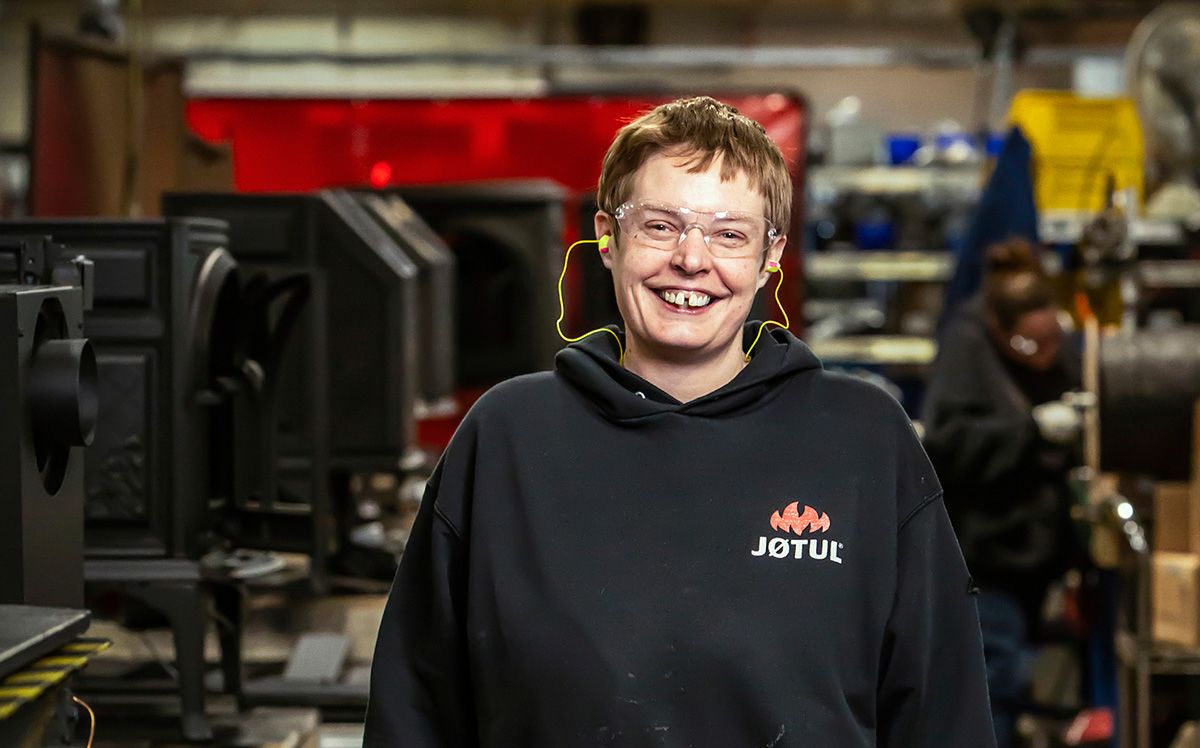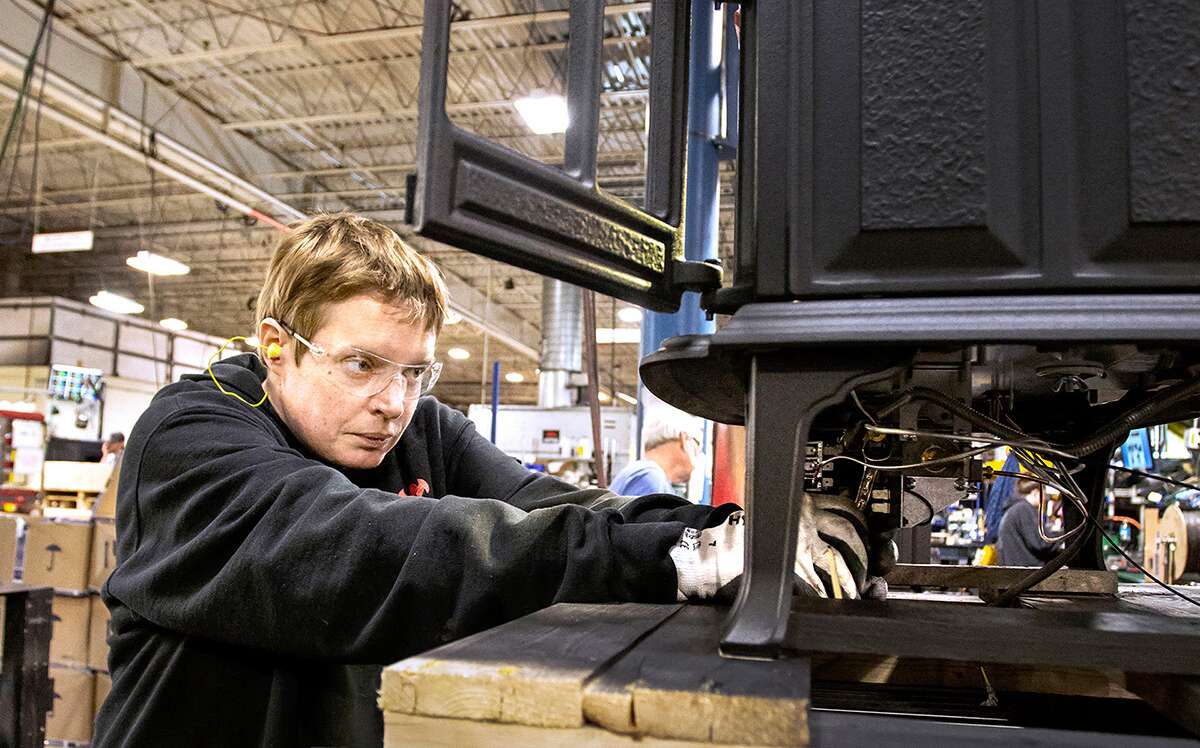
Processing Your Payment
Please do not leave this page until complete. This can take a few moments.
- News
-
Editions
-
- Lists
-
Viewpoints
-
Our Events
-
Event Info
- Women's Leadership Forum 2025
- On the Road with Mainebiz in Bethel
- Health Care Forum 2025
- On The Road with Mainebiz in Greenville
- On The Road with Mainebiz in Waterville
- Small Business Forum 2025
- Outstanding Women in Business Reception 2025
- On The Road with Mainebiz in Bath
- 60 Ideas in 60 Minutes Portland 2025
- 40 Under 40 Awards Reception 2025
- On The Road with Mainebiz in Lewiston / Auburn
- 60 Ideas in 60 Minutes Bangor 2025
Award Honorees
- 2025 Business Leaders of the Year
- 2024 Women to Watch Honorees
- 2024 Business Leaders of the Year
- 2023 NextUp: 40 Under 40 Honorees
- 2023 Women to Watch Honorees
- 2023 Business Leaders of the Year
- 2022 NextUp: 40 Under 40 Honorees
- 2022 Women to Watch Honorees
- 2022 Business Leaders of the Year
-
-
Calendar
-
Biz Marketplace
- News
- Editions
- Lists
- Viewpoints
-
Our Events
Event Info
- View all Events
- Women's Leadership Forum 2025
- On the Road with Mainebiz in Bethel
- Health Care Forum 2025
- On The Road with Mainebiz in Greenville
- On The Road with Mainebiz in Waterville
- + More
Award Honorees
- 2025 Business Leaders of the Year
- 2024 Women to Watch Honorees
- 2024 Business Leaders of the Year
- 2023 NextUp: 40 Under 40 Honorees
- 2023 Women to Watch Honorees
- 2023 Business Leaders of the Year
- + More
- 2022 NextUp: 40 Under 40 Honorees
- 2022 Women to Watch Honorees
- 2022 Business Leaders of the Year
- Nomination Forms
- Calendar
- Biz Marketplace
Makers’ space: Employers, schools and agencies are collaborating to train Maine’s future manufacturing workforce
 Photo / Tim Greenway
Samantha McLean, a team leader at Jotul North America, the Gorham woodstove manufacturer, changed careers after taking a course in lean manufacturing techniques.
Photo / Tim Greenway
Samantha McLean, a team leader at Jotul North America, the Gorham woodstove manufacturer, changed careers after taking a course in lean manufacturing techniques.
For years, Samantha McLean wanted steadier work than construction could offer. She liked working with her hands, but her stints hanging sheetrock, painting, and cleaning weren’t always guaranteed, and she longed for more consistent work that offered benefits and time off, and paid enough for her to support her two young kids. But anytime she began scrolling through online job boards like indeed.com, the process felt overwhelming.
“I didn’t know where to begin,” she says.
That all changed in 2020 when McLean took a five-week course on lean manufacturing at Northeast Technical Institute in Scarborough. On the day she graduated from the program, she interviewed for a job at Jotul North America, the Gorham-based woodstove maker, which was one of four manufacturers that paid for the course. At Jotul, she spent nine months working on the assembly line, doing tasks like building valves, and then was promoted and became a team leader.
“It’s been a great experience,” says McLean, 39, from South Portland.
McLean’s career change and advancement are exactly the kind of moves that the state’s 1,850 manufacturers are trying to help more people make.

The labor shortage has bedeviled the sector for years, and the pandemic only worsened matters, says Lisa Martin, executive director for the Manufacturers Association of Maine, or MAME. Martin estimates that there are currently anywhere from 6,000 to 8,000 job openings in the field due to attrition and retirement.
To fill those gaps, MAME is working to create clear pathways for job seekers, and a steady pipeline of potential workers for employers. With a program called Employee Growth Services, or EGS, the organization is bringing together consultants, employers, staffing agencies, technical education centers, colleges, workforce centers, and state and federal agencies — which have typically worked independently like silos — to build a cohesive workforce development ecosystem, Martin says. They’re working to identify employers’ needs, market their openings, and create new training opportunities so that job seekers can find work in the field, and build careers.
MAME is particularly interested in engaging job seekers who have historically been unemployed and underemployed, including people receiving public assistance, new Mainers, and those with disabilities.
“We want to break down barriers on both sides of the equation.” says Rachel Knight, founder and CEO of Destination Occupation, the workforce development arm of MAME, which works with the organization to market opportunities in the field.
A wide array of jobs out there
While centers for technical education and community colleges have traditionally been pipelines to manufacturing jobs, with the increase in openings, there are not enough graduates of these programs available to fill these positions, Martin says. In addition to needing people to operate machines and perform specific technical tasks connected to production, manufacturers also need people to work in finance, sales and marketing, research and development, graphic design, and other departments.
A large part of MAME’s effort has to do with getting the word out about how many forms manufacturing work can take, how well the jobs pay, how much flexibility there is, and how many opportunities there are to get on-the-job training. The average salary for a manufacturing job in Maine is $62,300, 24% higher than the average for all industries in Maine.

Work-life balance
“We need to introduce people to what 21st century advanced manufacturing looks like,” says Alan Lapoint, president of Strainrite, a 42-year-old company in Auburn that makes liquid filtration devices that are incorporated into beverages, pharmaceuticals, electronics and other products. “It offers a clean working environment, a flexible work schedule, and full benefits.”
The workforce shortage has restrained the company’s growth, Lapoint says. With some 20 jobs unfilled, lead time for customer orders has doubled over the past year, to eight weeks. If the company could fill those positions and reduce lead time, it could increase market share by about 30%.
While the company has historically paid at least $2 to $3 more per hour than minimum wage, over the past year Lapoint has added flexibility perks to recruit and retain staff. The plant is open 5 a.m. to 7 p.m, and now full-time employees can design their own 40-hour work weeks to meet their needs, as long as they schedule it ahead of time, and clock in and out. This gives workers the flexibility to do things like pick up kids at school and make doctor’s appointments, without taking vacation time.
“We want to create an environment where employees have work-life balance, and can take responsibility for making their own schedules,” he says.
Strainrite amped up its referral programs paying employees who refer others one dollar for every hour that the new person works for two years.
It also launched a bonus program that rewards workers who clock at least 500 hours in a quarter (which is equivalent to about a 40-hour work week over three months).
To recruit job seekers to work at its Gorham plant, Jotul North America has “pulled out all the stops,” says human resources manager Lee Ann Lowe.
Jotul now offers a $1,000 referral bonus, up from $400, and a $2,000 signing bonus for new hires, which employees receive at 90-day intervals, in $500 increments. The company also boosted base pay by $4 an hour.
For McLean, the training and the opportunity at Jotul has helped her get on more solid ground, for herself, her wife, and her two kids. She likes playing a larger leadership role in the company.
“It feels good to help people and problem solve,” McLean says. “I know what it’s like to struggle, and to just want someone to come help you. I like being able to help other people struggle less too.”
By the numbers
$6.3 billion in goods and services produced by Maine manufacturers in Maine each year.
About 10% of Maine’s gross domestic product or GDP produced by the state’s manufacturing sector
56,700 manufacturing jobs in Maine
$62,300 is the average salary for a manufacturing job in Maine, 24% higher than the state average
Source: Manufacturers Association of Maine









0 Comments